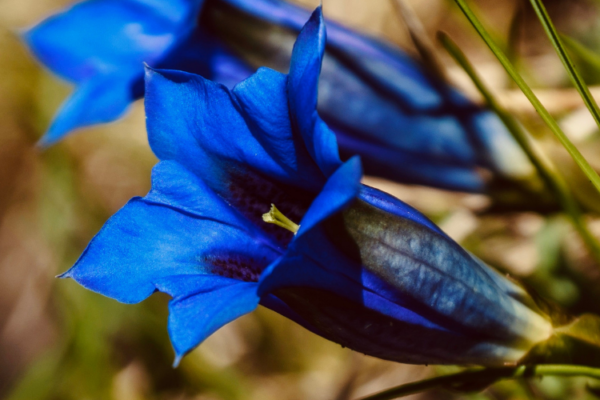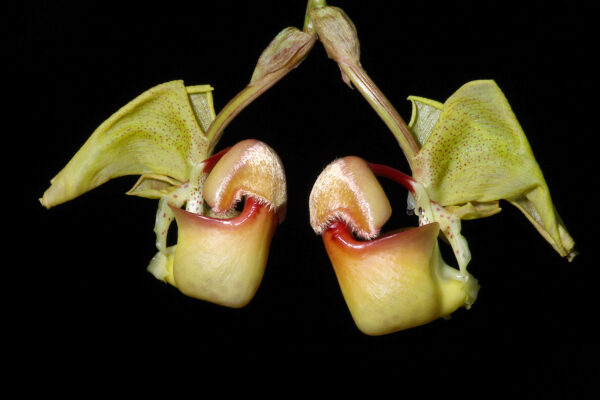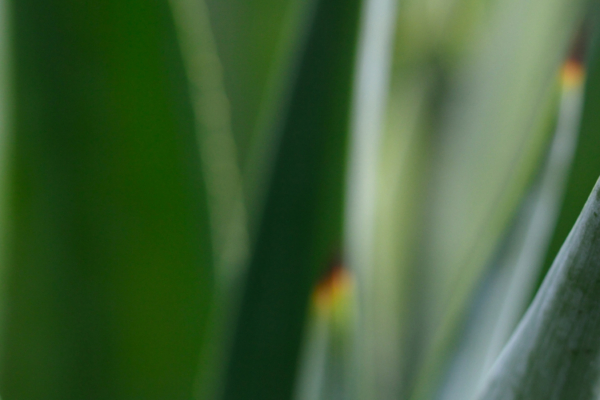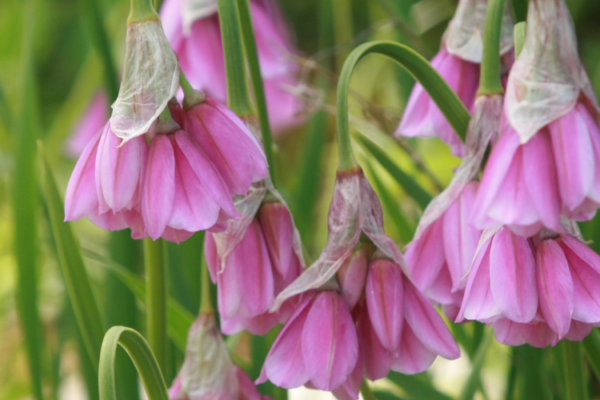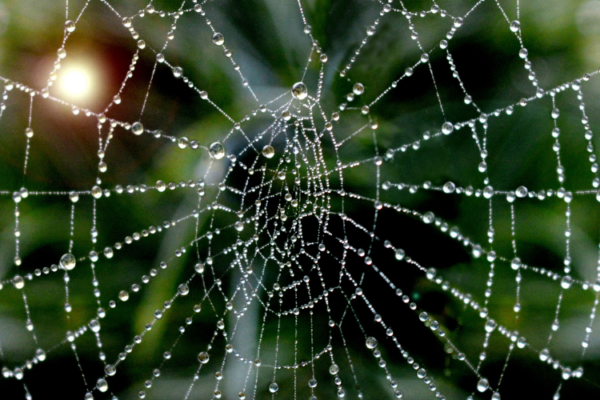Scientific Events
RESEARCH SYMPOSIUM | Alpine plants: evolution and challenges of life at high altitudes
research , event
Research Focus
Impact of climate change in the Alps
research
Research of the botanical diversity of Cameroon
research
Orchid research
research
Research on Crassulacean Acid Metabolism (CAM)
research
algae research in the botanical garden
research
Publications
Forschung
Microworlds–teaching path research
microworlds–teaching path , research
Collection Focus
Special collections
collection
Alpine plants
collection , research
Database registration of our plant collection
collection



